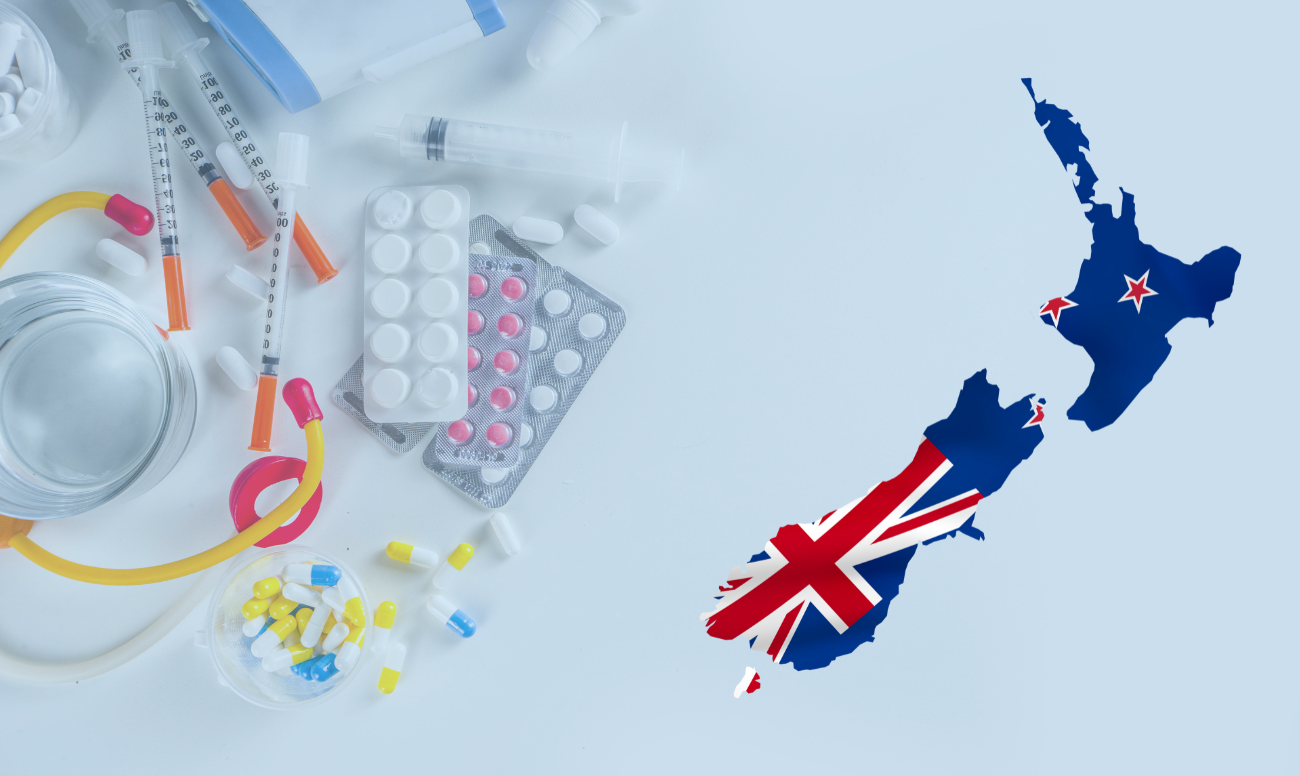
Named Patient Imports: Significance and Benefits For Global Health
Pharmaceutical development demands exhaustive R&D efforts followed by a lengthy and time-consuming process for the registration of new medicines. Furthermore, diverse regulatory requirements across the globe may often delay the launch of new medicines in certain regions. Hence, healthcare providers in these regions may not be able to offer these yet-to-be-approved innovative pharmaceutical products to patients who can potentially benefit from such treatments. In cognizance of these factors that may prohibit a patient from availing the therapeutic benefits of a new life-saving drug, regulatory bodies across the globe allow Named Patient Imports under special circumstances, when an unapproved drug may save a patient by treating a life-threatening condition.
Expanded access to unlicensed pharmaceuticals through the Named Patient Program can thus allow healthcare professionals across the globe to satisfy the unmet medical needs of patients, potentially saving thousands of lives each year.
What Are Named Patient Imports?
Named Patient Imports fall under the category of expanded access programs for pharmaceuticals that provide patients special access to life-saving therapeutics under critical circumstances. Thanks to the Named Patient Program, healthcare professionals can treat a patient suffering from a critical, life-threatening condition using a potentially life-saving drug that has not yet been approved for use in their country by the corresponding regulatory body. If the healthcare professional treating the patient concludes that they do not have access to the required drug due to factors such as cost or availability, they can apply for the Named Patient Import of an unlicensed drug available in another country that can potentially treat the patient.
Circumstances Under Which Named Patient Imports Are Permitted
The regulatory bodies in different countries have developed their own Named Patient Programs to extend access to unlicensed medicines under special circumstances to their citizens suffering from critical diseases. Some circumstances under which named patient use of unapproved drugs may be allowed include –
– A pharmaceutical product has not yet been approved in the patient’s country but has been approved for use in another country or region.
– There is a local shortage of an essential life-saving medicine.
– A pharmaceutical product for which no equivalent approved alternative exists is still undergoing clinical trials.
– If the patient is unable to bear the cost of the available patented drug, some countries allow the named patient import of affordable generics to treat the condition.
Named Patient Program vs. Compassionate Use
Expanded access, managed or special access, compassionate use, and named patient use are terms that are sometimes used interchangeably by organizations, depending on their geography. However, there may be a slight difference between the terms Named Patient Program and Compassionate Use, as per their original definitions.
The Named Patient Program is specially designed for healthcare providers to import unlicensed life-saving medications for a specific “named” patient. The application for a named patient supply is usually submitted by the treating healthcare professional and it contains anonymized information about the patient, such as their initials, gender, and date of birth. The Named Patient Program by the US FDA currently refers to this application as the Single Patient Expanded Access request.
On the other hand, Compassionate Use programs are often designed for a group of patients suffering from a specific life-threatening condition. These programs are usually developed by pharmaceutical companies for a category of patients and not a specific “named” patient. An example of compassionate use is providing access to an unapproved drug undergoing clinical trials to critical patients who are not eligible for the clinical trial but can potentially be saved by using the drug for treatment.
While the exact implications of named patient use and compassionate use may differ across geographies based on terminologies adopted by different regulatory bodies, they both serve the same end goal. Both these programs fall under the broader category of expanded access programs, which provide patients access to potentially life-saving unlicensed medical supplies in a compliant manner.
Named Patient Programs In Different Countries
Most countries across the globe have developed Named Patient Programs or Expanded Access programs to allow their healthcare providers to offer unlicensed life-saving treatments to their patients under critical circumstances. The Named Patient Program in the United States falls under the FDA’s Expanded Access Program. In India, the CDSCO approves named patient imports for unlicensed drugs to treat life-threatening or debilitating diseases. In the European Union, the EMA has Compassionate Use and Named Patient Programs to provide access to unlicensed drugs, while in the UK, the MHRA allows named patient imports for eligible applications. Named patient and expanded access programs also exist in various countries in Africa, South America, Asia, and the Middle East, as well as Australia and New Zealand, allowing promising treatments for life-threatening disorders.
Are Named Patient Imports Safe?
Countries that allow named patient imports have strict regulations in place to ensure that the named patient supplies are safe for treating the patient and are procured in a compliant manner. Named patient import applications are submitted by the patient’s treating healthcare professional after a thorough clinical evaluation, if the healthcare provider determines that no suitable alternative to the unlicensed drug is available in their country.
In most cases, the unlicensed drug is already approved in another geography, where its safety, quality, and efficacy have been established through clinical trials. For example, the unlicensed drug could be an affordable generic alternative to an expensive patented drug approved in the patient’s country. It could also be a new drug that has shown promising results in clinical trials in another country but has not yet been licensed in the patient’s country.
The application for a named patient import is evaluated and approved by the regulatory body for the region before the unlicensed drug is procured. Furthermore, by partnering with reputed global pharmaceutical suppliers, healthcare entities can ensure that the named patient supplies are of high quality and are obtained from reliable sources.
With the help of these regulatory measures and quality assurance practices, healthcare providers can make sure that the named patient supplies are safe and offer the best possible treatment to the patient.
Bottom Line
Named patient imports allow healthcare providers to offer the best possible treatment of life-threatening conditions using unlicensed pharmaceuticals when an approved drug to treat the condition is not accessible in the geography. Regulatory bodies across the globe have made provisions for named patient supplies under these critical circumstances, keeping the patient’s well-being as their topmost priority.
At Eudaico, we partner with healthcare entities across the globe to supply high-quality named patient supplies to various geographies in a compliant manner. Through our decades of pharmaceutical sourcing experience and quality assurance best practices, we can provide high-quality drugs for named patient use in a timely and seamless manner.
If you are a healthcare provider or an organization that works in the field of named patient imports or expanded access, kindly contact us with any product or supply chain-related queries.



